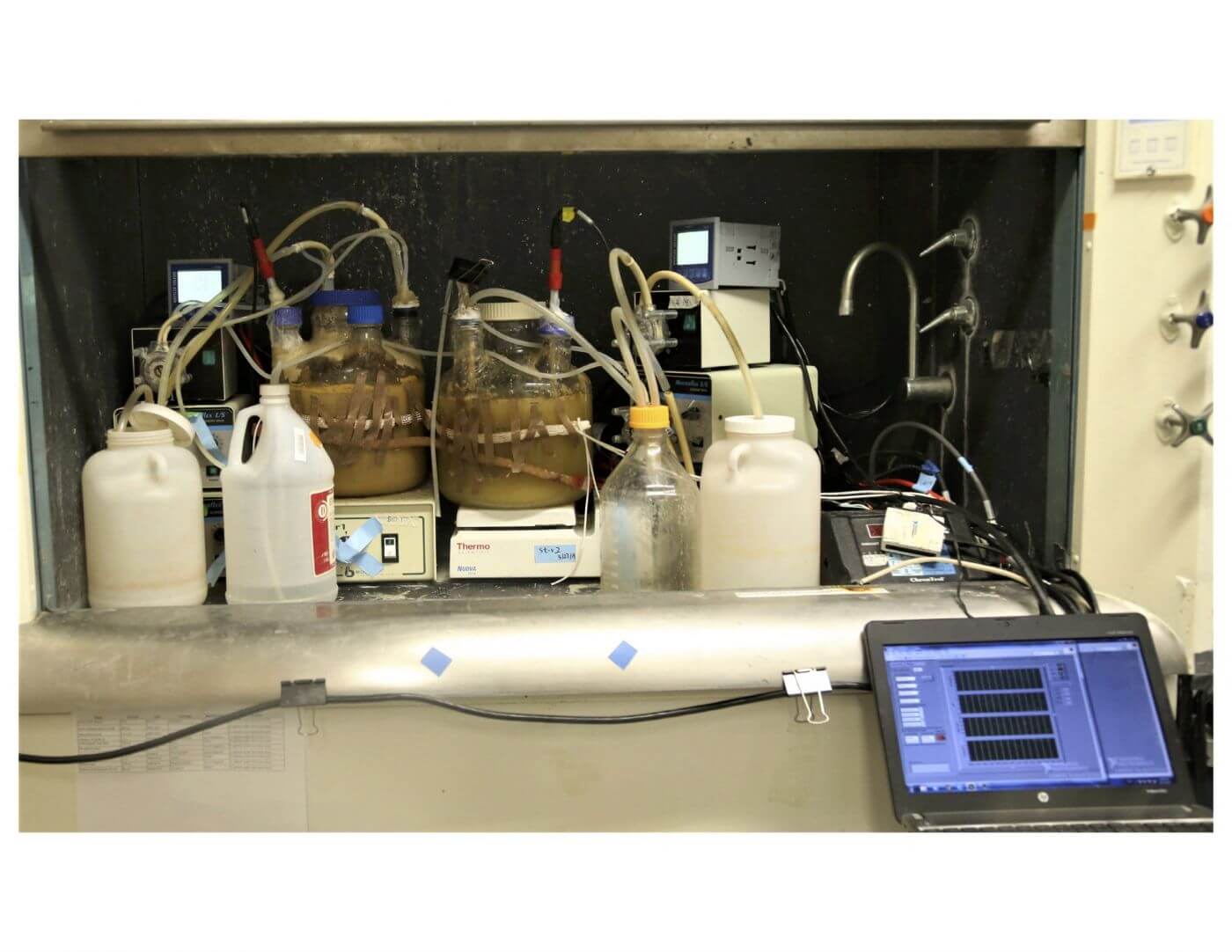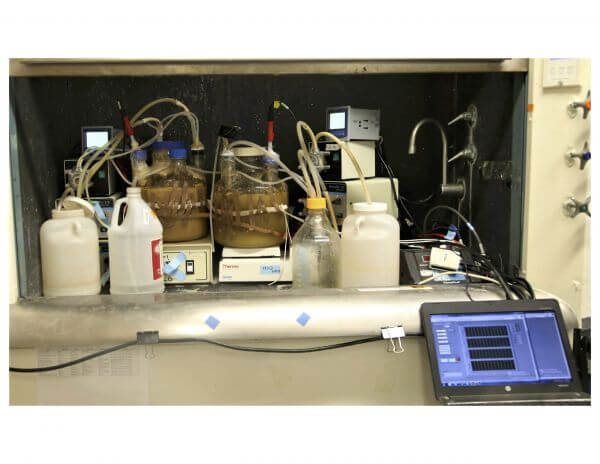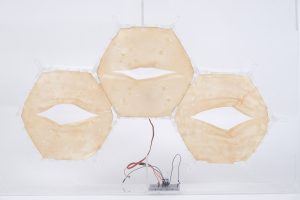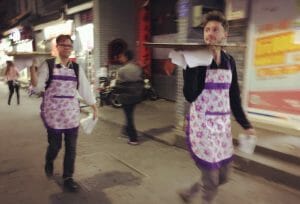
|
|
# 2019 De-centralised urban biorefinery |
|
New York City produces almost four million tonnes of waste every year, almost a third of which is food. Over the past few years, the Kartik Chandran Laboratories at Columbia University have been trialling ways to turn food waste into high-value end products, resulting in a decentralised urban biorefinery. Working with high-concentration feedstock (products undiluted by water), the biorefinery converts the organic carbon in the feedstock into products such as biodiesel, lipids and bioplastics. Anaerobic fermentation is used to produce aqueous chemical monomers as opposed to gaseous biogas, meaning that the end product can be further converted into a wide spectrum of household chemicals and fuels, creating a product with an even higher economic and energy value.


Dubai Institute of Design and Innovation (DIDI)
A responsive system to replace glass windows

University of Art and Design Linz
A workshop series to foster conviviality